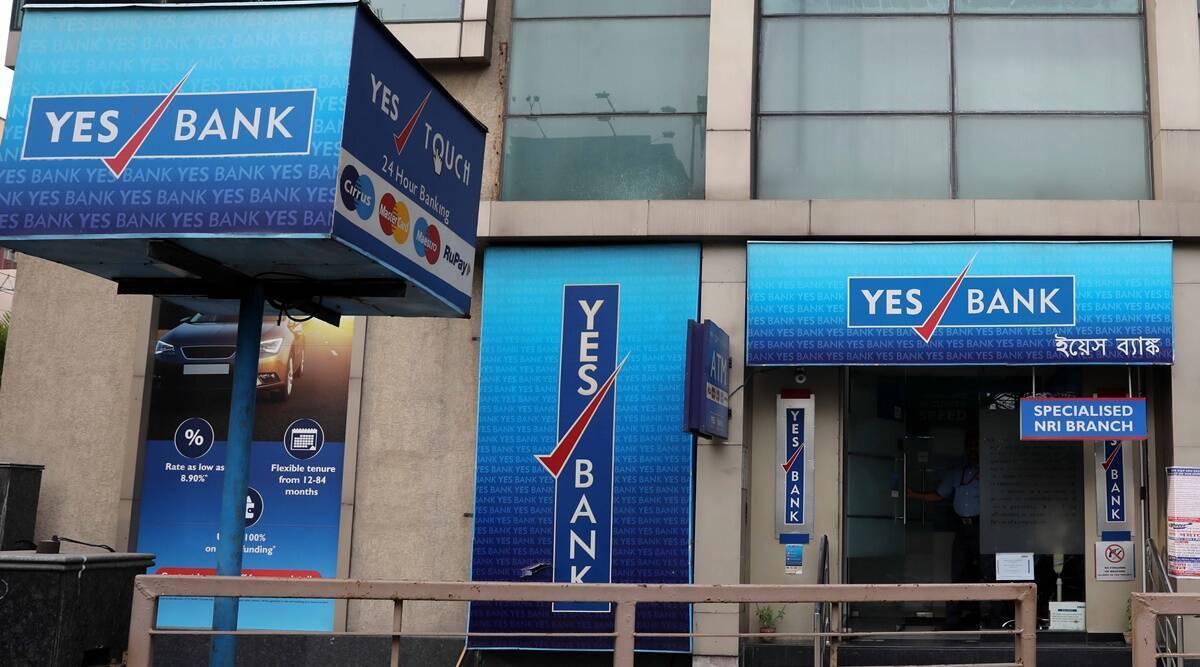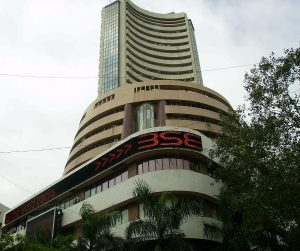Due to the end of the three-year lock-in period for ICICI Bank, HDFC Bank, IDFC First Bank, Axis Bank, Kotak Mahindra Bank, Federal Bank, and other banks, the Yes Bank share price took a big hit in early morning trading today. Yes Bank shares opened down on Monday morning and hit an intraday low of 14.40 each, which was about 12.50% lower than their Friday close of 16.50 each on NSE. But Yes Bank stocks got some buying interest and made up for some of what they lost in the morning. They came back to around 15.30 each, which is a 7 percent loss in the morning.
Stock market experts say that Yes Bank shares are going down because the three-year lock-in period for private lenders is coming to an end. They said that when the lock-in period ended, there would be a lot of volatility in Yes Bank shares because these private banks could now sell crores of Yes Bank shares. If we add State Bank of India’s (SBI) stake to them, the number of shares that may be sold is very high, so retail investors are worried about a big drop in the Yes Bank share price today. But stock market experts said that SBI and other banks invested in Yes Bank because RBI told them to, so it won’t be easy for them to take a profit and get out at the same time. But they said that some profit-taking was likely, which would be enough to make Yes Bank stocks very volatile.
When asked what the end of the three-year lock-in means for retail investors, Avinash Gorakshkar, Head of Research at Profitmart Securities, said, “The end of the three-year lock-in would mean more retail investors buying Yes Bank stocks.”
Today, SBI is in charge of most of Yes Bank, and these private banks are next in line. After the lock-in period is over, these banks are expected to cut their stakes. This means that fewer institutions will own shares in Yes Bank and more people will.”
Avinash Gorakshkar, however, said that SBI and other banks might not sell all of their shares right away after the three years are up. They might take a partial profit, but they would definitely wait for the Q4FY23 Yes Bank results.
Ravi Singhal, CEO of GCL Broking, talked about what it would mean for small investors who own Yes Bank shares if they only booked part of their profits “Even though private banks only own a small percentage of Yes Bank shares, they own crores of them. So, even if they only sell some of their shares, Yes Bank stock may be very volatile. So, shareholders of Yes Bank should know their levels and decide whether to buy or sell based on those levels.”
Important levels to know about the Yes Bank share price
When asked about the levels that matter for Yes Bank shares, Senior Manager of Technical Research at Anand Rathi, Ganesh Dongre, said, “At 15 per share, Yes Bank shares have strong support right away. So, people who have this stock in their portfolios should keep a strict stop loss at 15 and keep the stock for the short term. If this stop loss at 15 each goes off, new buyers could get in at 12 to 13, since the stock could go up to 20 to 22 in the short to medium term.”
Ganesh Dongre of Anand Rathi said that traders who take on a lot of risk can also buy Yes Bank shares for between 15.50 and 16 each.
The price goal for Yes Bank stock
According to Sandeep Pandey, Director at Basav Capital, “After inception of bad loan mechanism to tackle NPAs of various banks, Yes Bank is going to emerge as one of the major beneficiaries from this Government of India (GoI) initiative,” he advised long-term investors to engage in bottom fishing if the Yes Bank stock drops. So, the end of the lock-in period and the high volatility of Yes Bank shares shouldn’t worry long-term investors too much, especially since Yes Bank shares could go up to 55 to 60 each in the next three to four years.”
The former Deputy Vice President of HDFC Bank went on to say that any drop in the price of Yes Bank shares should be seen as a big chance for long-term investors to look for deals.
According to the shareholding pattern for the December quarter of 2022 at Yes Bank, SBI owns 26.14 percent of the private bank. HDFC Bank has a 3.4% stake in Yes Bank, while ICICI Bank has a 2.6% stake, Axis Bank has a 1.5% stake, Kotak Mahindra Bank has a 1.3% stake, and IDFC First Bank has a 1% stake.


